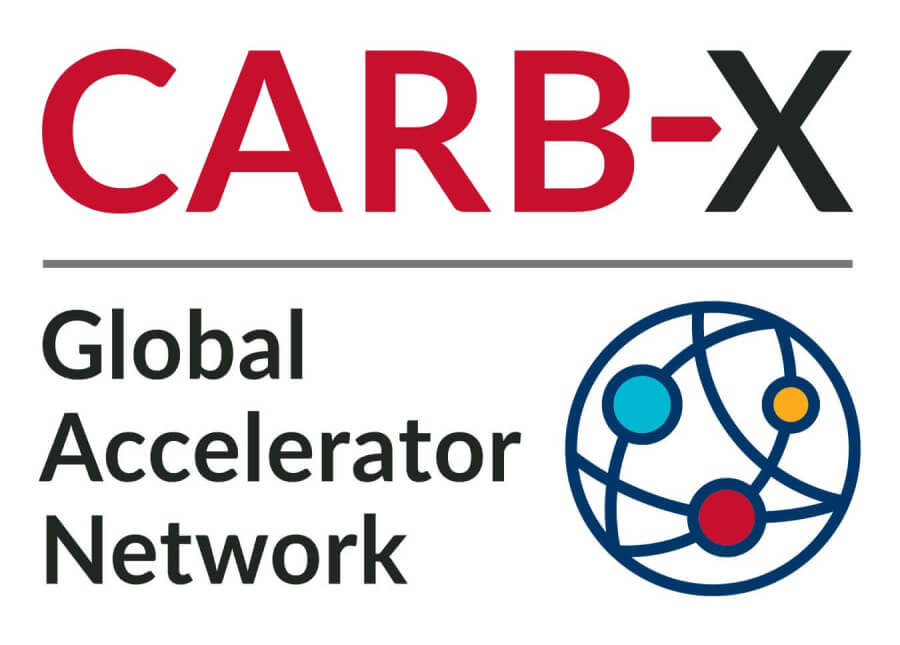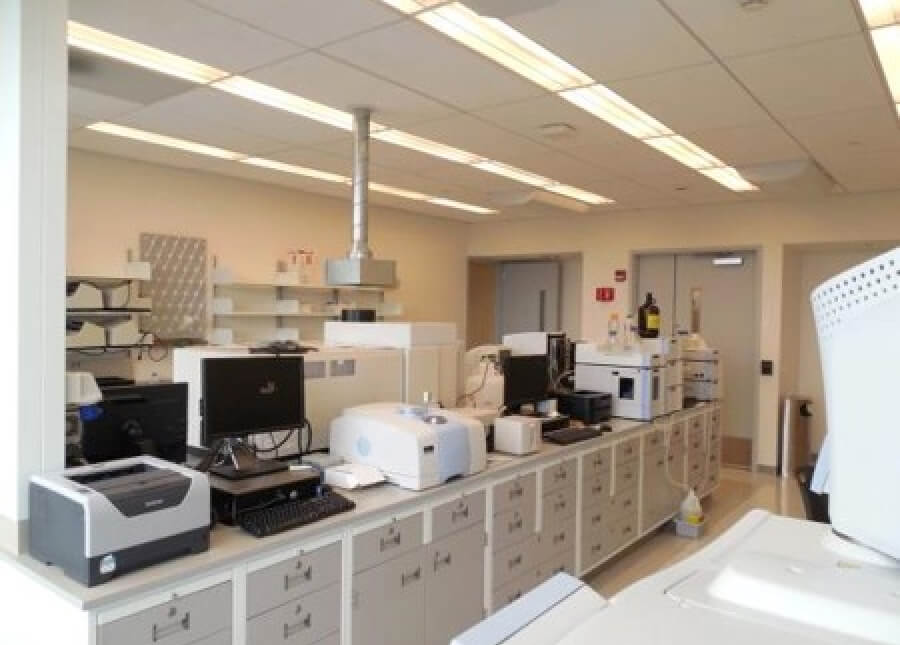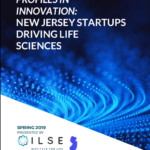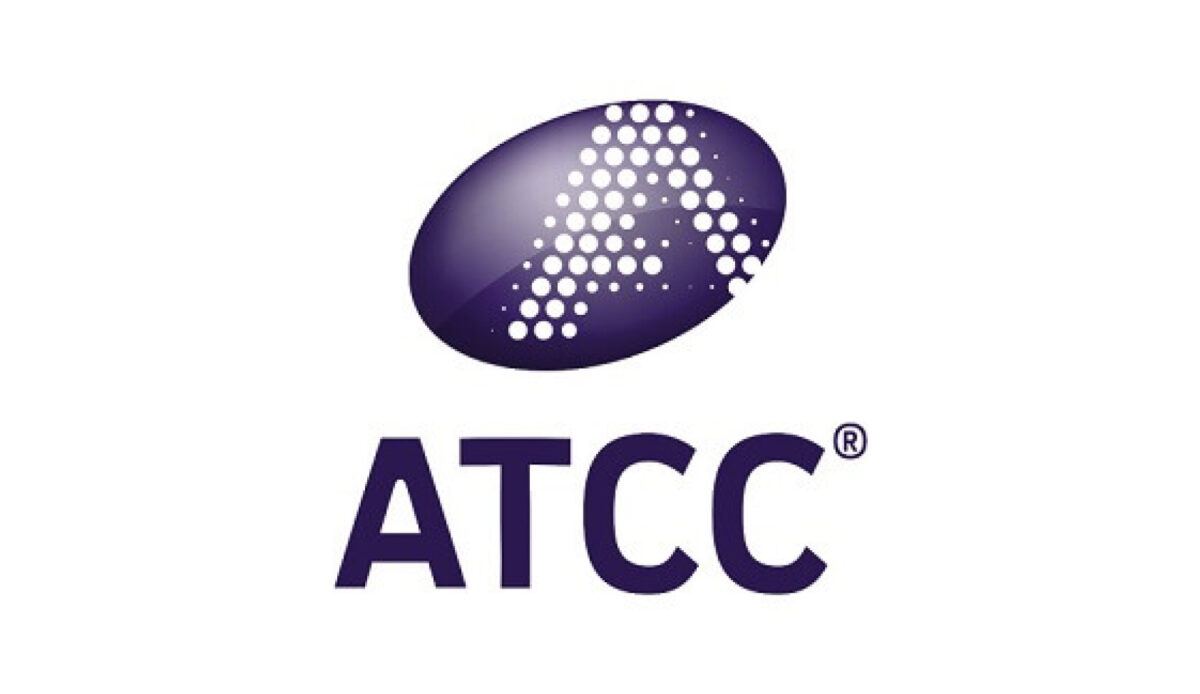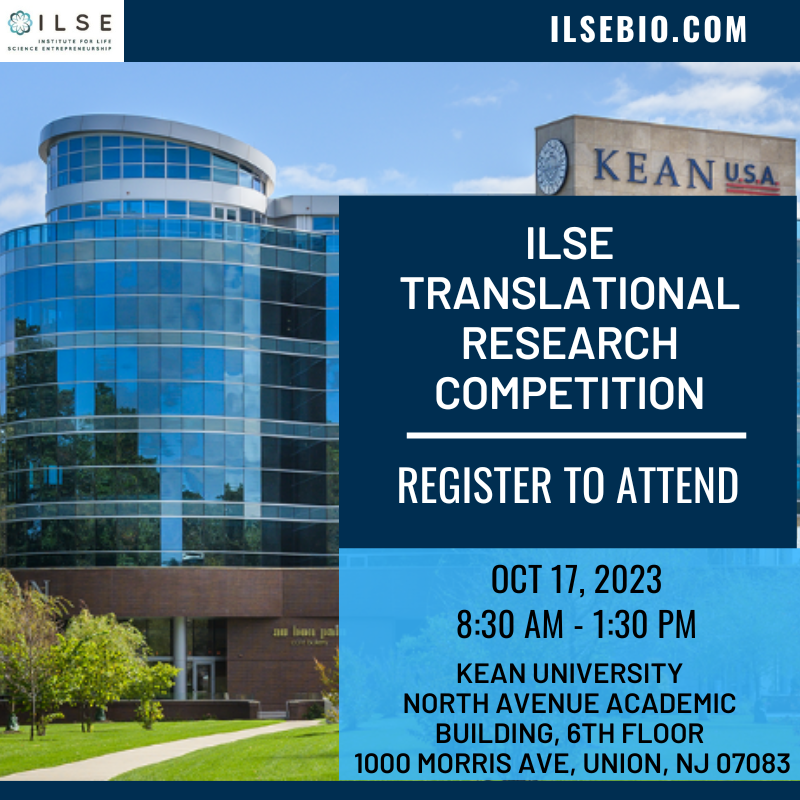ATCC, a global leader in biological materials development, in partnership with the Institute for Life Science Entrepreneurship (ILSE), announced the expansion of its Global Priority Superbugs portfolio, which is a comprehensive collection of authenticated priority pathogens used to aid research and development efforts for novel therapies and advanced detection methods for antimicrobial resistance (AMR). This expansion of ATCC’s collection includes the addition of 24 strains of Acinetobacter baumannii, many of which are carbapenem-resistant priority pathogens as
indicated by the World Health Organization (WHO). These priority pathogens are remarkably resistant to multiple drugs and are a notorious contributor to hospital-acquired infections.
According to the WHO, antimicrobial resistance (AMR) is one of the leading public health challenges we currently face, with resistant infections being present in every country. AMR contributes significantly to prolonged illness, potential disability, and increased hospital acquired infection mortality rates. Despite attempts to generate novel therapeutic strategies to combat infections resistant to common treatments, mechanisms of resistance continue to emerge and spread, worsening the problem. By providing information about these genetic adaptations, ATCC seeks to help researchers working on AMR.
A core component of ATCC’s Incredible 2020 campaign focuses on supporting global health initiatives, including tackling the antimicrobial resistance challenges associated with hospital care. To empower researchers with new models and needed data to develop the best therapeutic and diagnostic tools to combat AMR, ATCC is leveraging advanced scientific technologies and techniques. This includes whole genome sequencing, annotation of AMR genes, drug-sensitivity testing, and the incorporation of new clinical isolates that are most relevant to today’s AMR problem.
Read the full PR here.
More information on ATCC’s focus on Global Priority Superbugs can be found here. Additional Resources can be accessed here.





